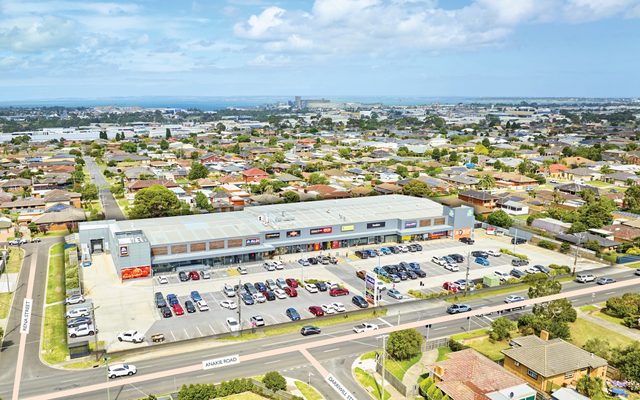This article is from the Australian Property Journal archive
A DAN Murphy’s liquor store in Melbourne’s Pakenham has sold to a private consortium for $14.75 million at a record-low yield of 2.94%.
Located on in a high-profile position on the corner of Princes Highway and Lakeside Drive in Pakenham, around 52km south-east of the CBD, the free-standing Dan Murphy’s tenancy occupies a strategic 1.216-hectare parcel of land.
Stuart Taylor, Tom Noonan, MingXuan Li and Jarrod Herscu from JLL, along side Zomart He, Matthew Wright and Billy Holderhead from Burgess Rawson, sold the property via an expressions of interest campaign.
“The campaign generated over 400 enquiries between both agencies and 15 bids from a range private investors and developers, including several who are sourcing money offshore,” said Zomart, head of Asian investment at Burgess Rawson.
The 15-year lease to Dan Murphy’s includes options through to 2056, with a current net rental of around $433,559 per annum, including base rent and percentage rental.
On top of this, the property also features additional vacant land and 83 at-grade car parks.
“The result sets a new benchmark in the free-standing retail market, representing the sharpest price paid for the liquor retailer in more than seven years,” said Taylor, senior director of retail investments.
“There has only been few major retail assets transact this year in Victoria, with neighbourhood and sub-regional centre transactions being extremely quiet. We attribute this to the record volume of sales in 2021, with many landlords already completing portfolio repositioning strategies, however there is no doubt that vendor confidence at the top end has waned.”
The sale has set a new record in the Dan Murphy’s freehold investment market, beating out the previous record at 3.22% for a store in Alphington sold in 2017.
“The freestanding end of the market continues to display strong liquidity and even yield compression in some instances. This is due to the buyer pool being predominately high-net-worth private investors who are largely equity funded, and accordingly are less impacted by the rapidly moving debt markets,” concluded Taylor.




